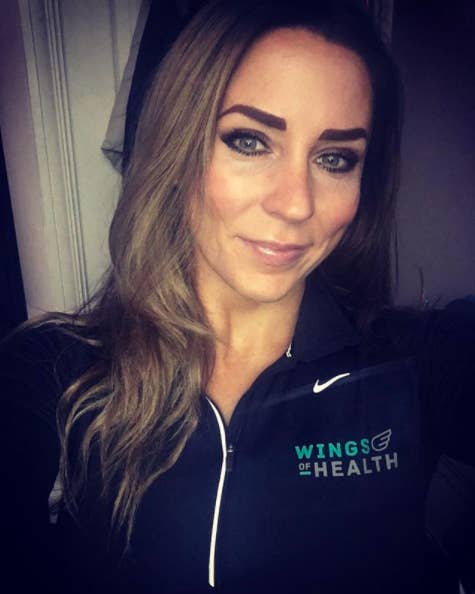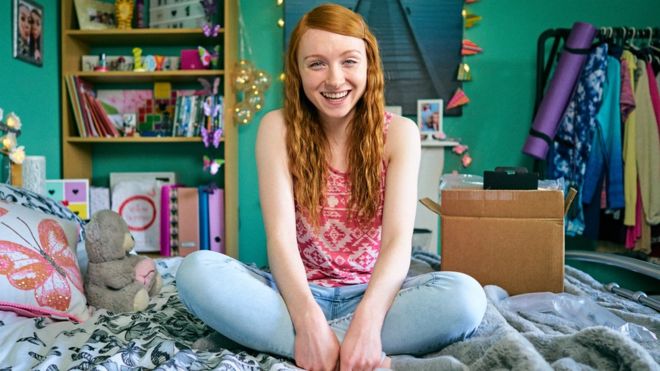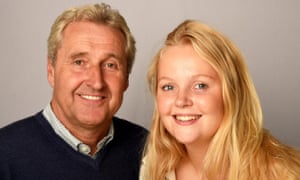Sophie is writing to you about the research project that she is conducting as part of the Doctorate in Clinical Psychology at UCL. My project aims to explore how Externalisation of Anorexia Nervosa can Help and Hinder Recovery from this Eating Disorder.
She says
We are carrying out this research because although externalisation (viewing and talking about anorexia as a separate entity that is external to the individual receiving treatment) is a widely used therapeutic technique within therapies for anorexia, research exploring how externalisation helps and hinders people’s recovery from an eating disorder is very sparse. Our research aims to further our understanding of people’s experiences of externalisation in treatment for anorexia in order to learn how this approach may or may not support recovery from an eating disorder. We hope that by exploring a common strategy used in therapies for AN, this project will help to inform and improve treatments for anorexia. To help increase people’s chances of recovering fully from an eating disorder, it is important that we understand the views of individuals who have received treatment for anorexia. Therefore, we aim to obtain people’s views through semi-structured interviews which I will be conducting online.
We are looking for people aged 16 and above who have received at least one or more NICE recommended therapies for anorexia, who may or may not have reached a point of recovery from an eating disorder, and who are familiar with the notion of externalisation in treatment for anorexia.
To recruit participants, I have posted on my linked in, twitter and facebook accounts. However, I would be enormously grateful for any support that NCFED may be able to give to raise awareness of the study among the target population which NCFED have greater access to. I would be happy for you to post about the study or alternatively you can share / retweet my posts. Below I list my accounts on social media, however, please do let me know if there are alternative or additional methods of raising awareness that NCFED may be able to support with. I attach my leaflet for your reference.
Twitter: https://twitter.com/SophieCCripps/status/1545072159919308801
Facebook: https://www.facebook.com/sophiecharlottec
Linked in: https://www.linkedin.com/feed/update/urn:li:activity:6950852244699283456/





